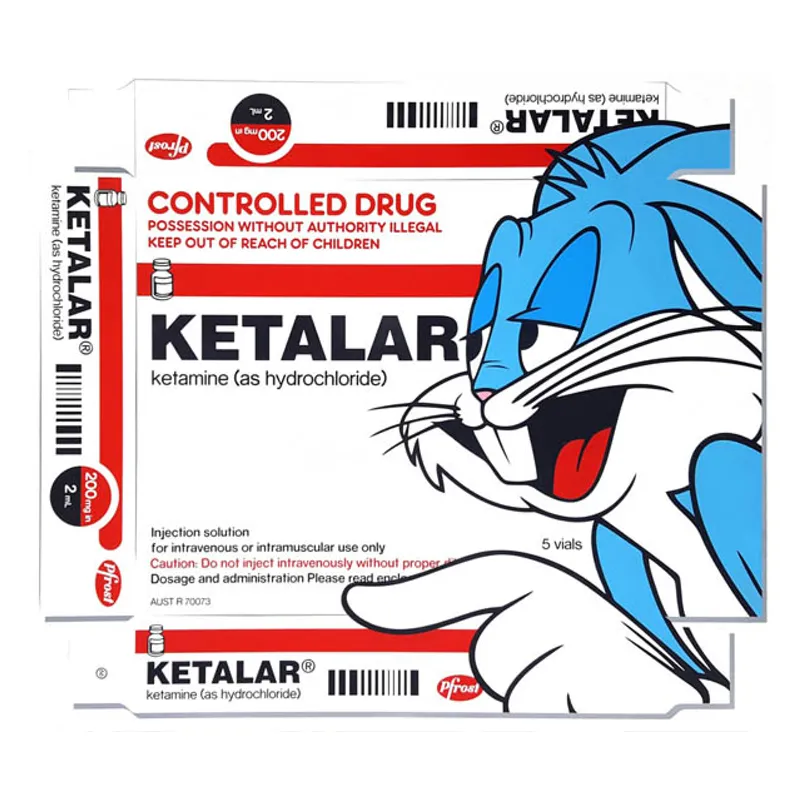The Impact of Drugs on the Economy of the Netherlands
The Netherlands has a long and complicated relationship with drugs. This is largely due to the country’s tolerant stance on personal drug use and possession, as well as its large-scale cannabis cultivation industry. While the impact of drugs on the Netherlands’ economy is not always easy to measure, there is no denying that it has had an effect.
The Netherlands’ drug industry is estimated to be worth between €4 and €7 billion annually. This money goes towards the cost of production, distribution, and consumption of illicit drugs. This has a direct economic impact in terms of lost tax revenues, as well as indirect effects on employment and the public purse.
It is estimated that over 20,000 people are employed in the illicit drug industry in the Netherlands, with a further estimated 1,000 people working in the legal cannabis industry. This figure is likely to rise if cannabis is legalized in the future.
The impact of drugs on the Netherlands’ economy goes beyond just the drug trade. Drug use can lead to social problems such as crime, poverty, and ill health. This can affect businesses, both directly and indirectly, as well as the public sector. Drug users may require more support services, such as treatment and law enforcement, and this can place a strain on resources.
Despite the negative impact of drugs on the Dutch economy, the country is still a popular tourist destination. With the world’s largest coffee shop culture, the Netherlands is seen by many as a ‘safe haven’ for drug users. This could be argued to have some positive economic impact, as tourists may spend money in the country.
The impact of drugs on the Netherlands’ economy is complex and largely unpredictable. However, it is clear that drugs have had an effect, both positive and negative. This is why the Dutch government has taken a proactive approach to drug policy, aiming to reduce the harm of drugs while still allowing personal drug use and possession.
Meta







